Carbon nanomembrane prevents dendrite formation in Li-metal batteries, doubles lifetime
Green Car Congress
JUNE 22, 2021
Scientists at Friedrich Schiller University in Jena, together with colleagues from Boston University (BU) and Wayne State University (WSU), have now succeeded in preventing dendrite formation and thus at least doubling the lifetime of a lithium metal battery. Here, the use of an ultrathin (?1.2 —Rajendran et al.


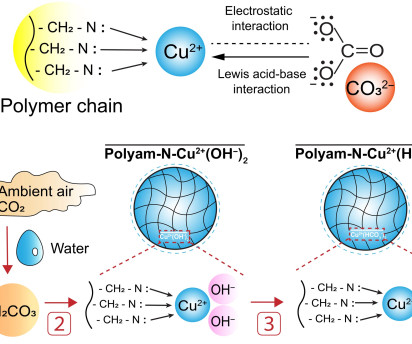




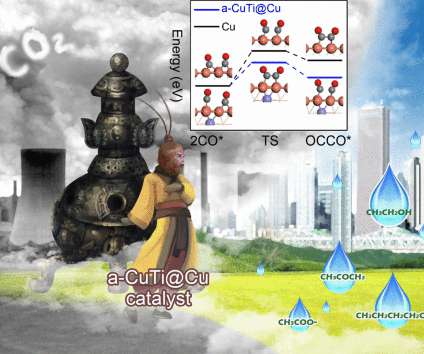



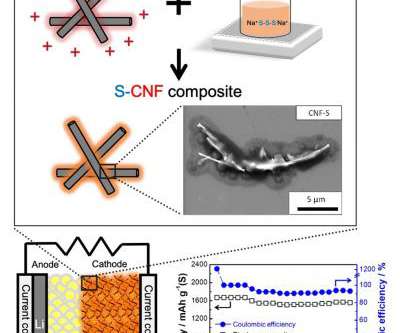


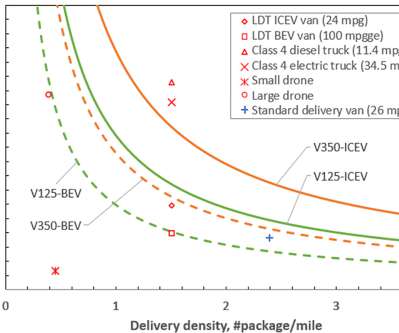


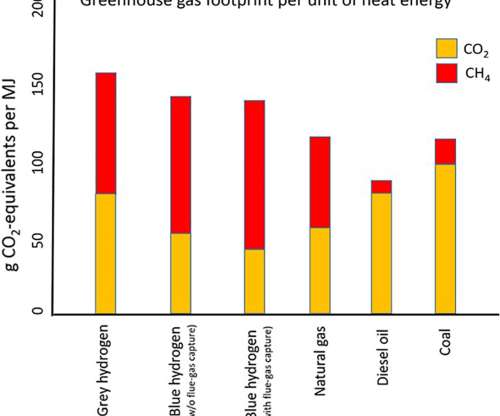
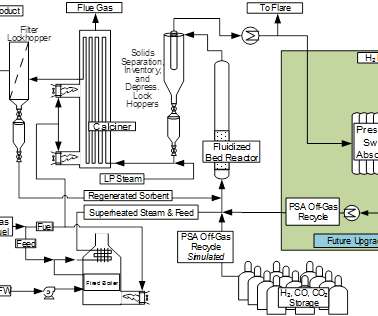

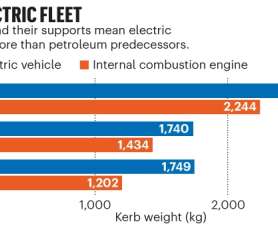








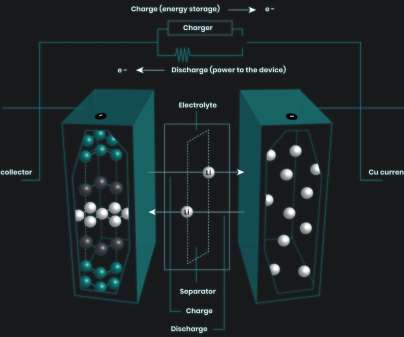

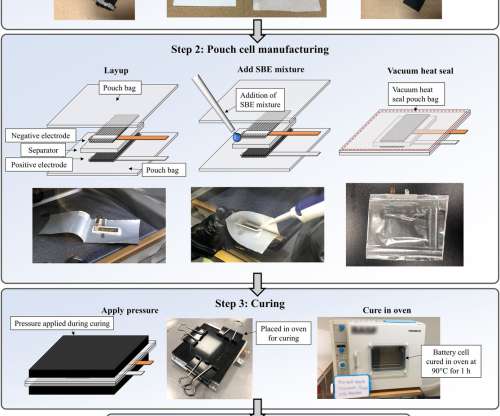
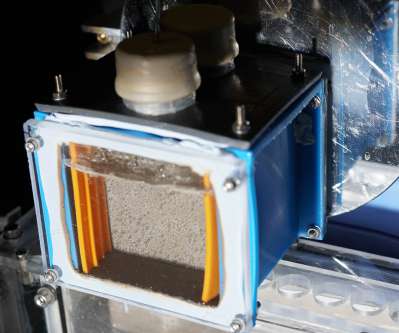


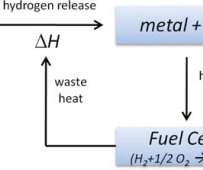
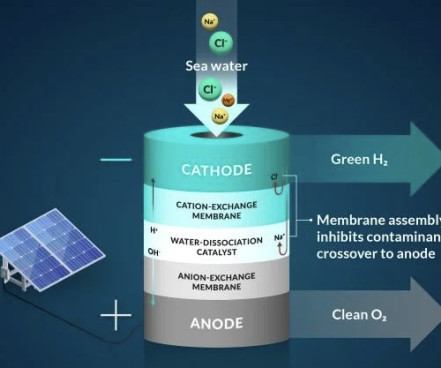







Let's personalize your content